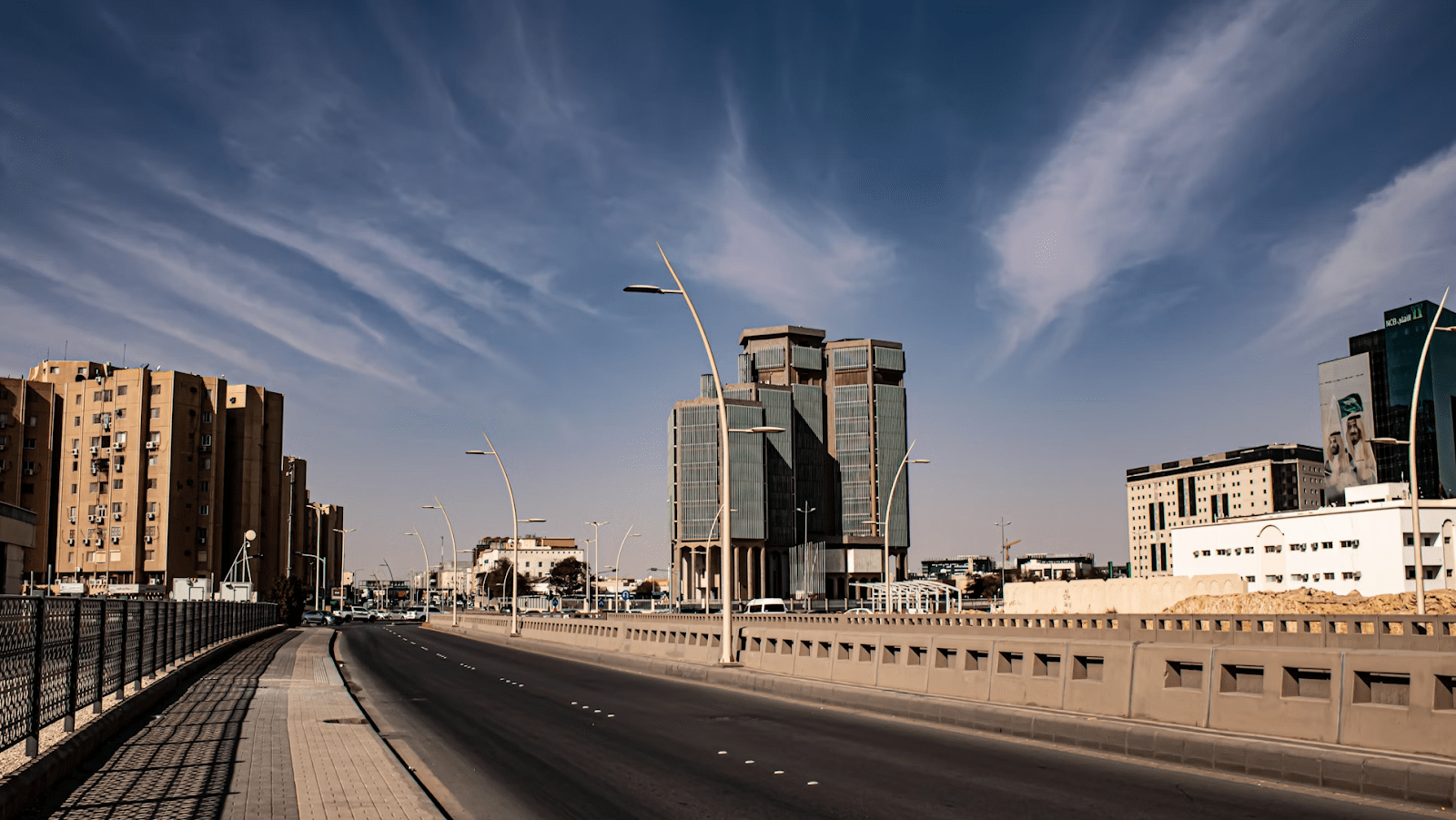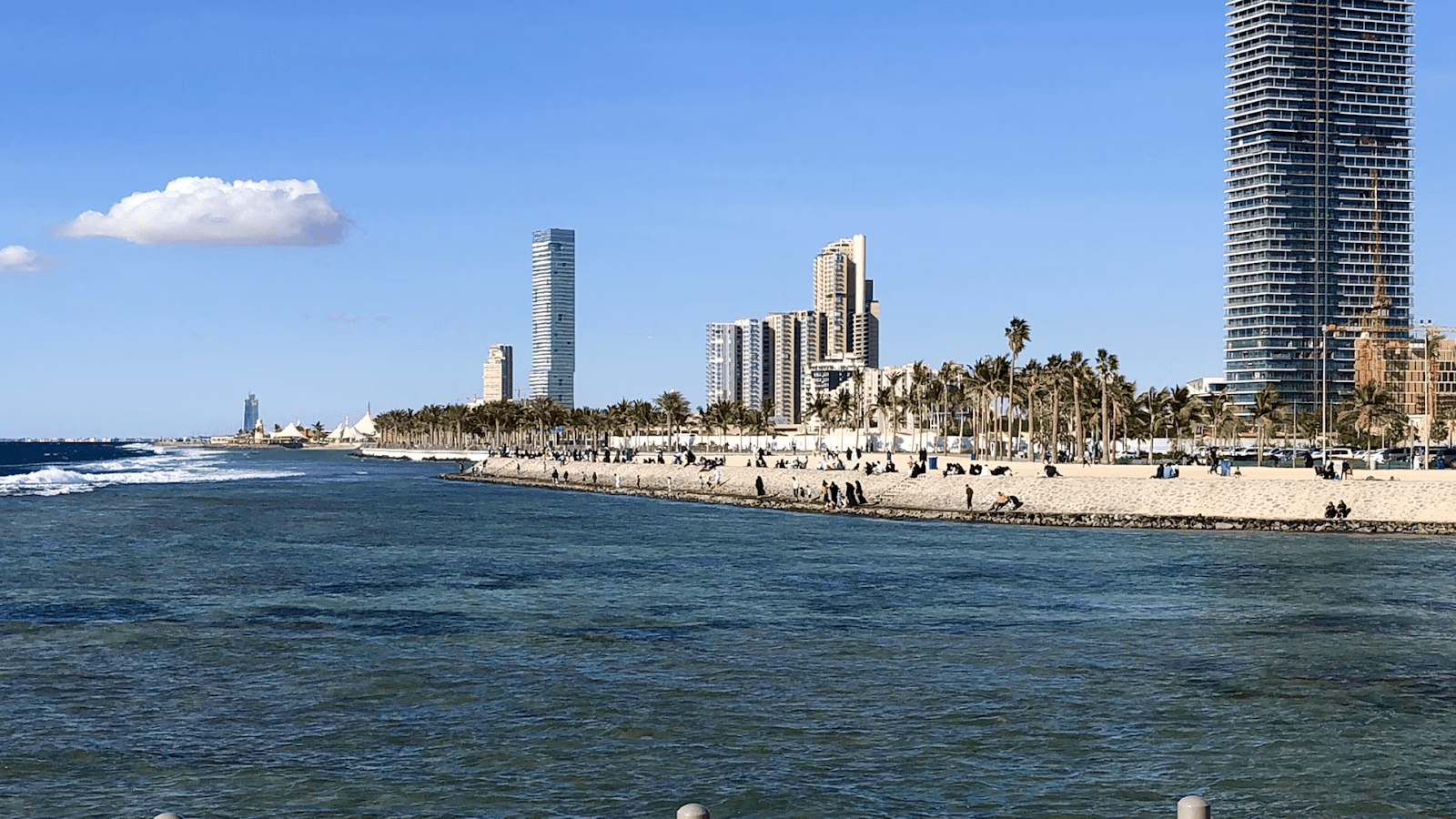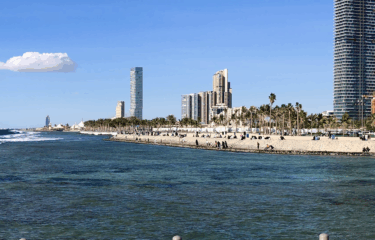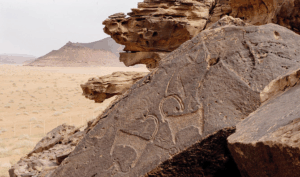In Saudi Arabia, land holds more than just physical value. It carries legacy, responsibility, and opportunity. With every sale or transfer, there’s a ripple that touches families, cities, and futures. The newly implemented 5% Real Estate Transaction Tax (RETT) isn’t simply a legal shift—it’s part of a broader movement to make real estate more transparent, accessible, and aligned with the Kingdom’s future. It signals where the country is headed, and what that means for everyone with a stake in its land.
This guide breaks down what the new RETT means, how it works, and how it fits into Saudi Arabia’s bigger plans.
A Look Back: How Did the 5% RETT Come About?
Saudi Arabia first introduced RETT in October 2020 through a Royal Decree. It was meant to ease the burden on the real estate sector while still generating government revenue. But the real change came in September 2024, when a more detailed law was approved. That law gave the RETT solid legal ground, updated definitions, and introduced new exemptions and reduced penalties.
The law was published in the Official Gazette on October 11, 2024, with a grace period of 180 days. That brings us to April 10, 2025, when the new law officially kicked in.
What Does the 5% RETT Apply To?
The short answer: nearly everything.
- Residential properties like apartments and villas
- Commercial buildings such as offices and shops
- Industrial spaces including factories and warehouses
- Land, whether it’s developed or empty
Even undocumented or informal transactions aren’t off the hook. If a transfer wasn’t recorded or taxed, ZATCA (the Zakat, Tax and Customs Authority) can go back and calculate the amount owed. You’ll have up to three years to pay once it’s been flagged.
How Is the Real Estate Transaction Tax Calculated?
RETT is calculated at 5% of the property’s value at the time of transfer. There are safeguards in place to ensure fair market value is being used. That means underpricing a property to pay less tax could land you in hot water.
If you’re making a deal, expect to submit all the details through ZATCA’s digital platform. That’s where declarations happen, and where any exemptions must be noted before the notary finalizes the transfer.
Exemptions You Should Know About

Here’s where things get interesting. Not every deal is taxed the same way.
- First-time Saudi homeowners: The government covers the tax on the first SAR 1 million of your first home’s value.
- Family transfers: Property passed between spouses or close relatives (up to the third degree) is exempt.
- Inheritance divisions: These transactions are not taxed.
- Charitable endowments (Awqaf): Registered public or private endowments don’t pay RETT.
More exemptions exist and will be further outlined in the implementing regulations being issued by ZATCA.
New Penalties, but More Forgiving
Under the new RETT law, penalties for late payments have dropped from 5% to 2% per month, capped at 50% of the total due. While still a hefty fine if ignored, it gives some breathing room for people who miss deadlines unintentionally.
ZATCA also has the authority to revisit past transactions, especially if values seem suspiciously low. They can recalculate the tax and apply penalties if needed.
Why This Tax, and Why Now?
The real estate sector is central to Saudi Arabia’s Vision 2030. The government wants to make housing more accessible for citizens, attract more investors, and grow the non-oil economy.
Here’s the bigger picture:
- The real estate market is projected to hit $101.62 billion by 2029
- Non-oil growth is expected to rise 5.8% in 2025, up from 4.5% in 2024
- The construction sector had over $29 billion in project awards in 2024
The RETT helps create a more stable, transparent system that encourages investment and homeownership at the same time.
New Definitions for a Clearer Framework
The updated law now includes a precise definition of “real estate,” helping remove ambiguity around what’s covered. It also refines the definition of a “real estate company,” focusing on actual activity and intention rather than just technical ownership. These clarifications help ensure fairer, more consistent application.
Professional Help is Available
Firms like KPMG, Deloitte, and EY are offering RETT-specific services, helping clients:
- Understand the law and exemptions
- Ensure they’re reporting transactions correctly
- Manage RETT alongside VAT and other tax filings
If you’re unsure about how this tax applies to your situation, getting professional advice could save you trouble down the road.
A New Era in Property Ownership

The 5% Real Estate Transaction Tax is now the law of the land in Saudi Arabia. While it may sound technical, it impacts almost everyone involved in property—from first-time buyers and families to major developers and foreign investors.
Understanding the details is key. With clear exemptions, reduced penalties, and a digital registration system, the RETT is designed to support a growing, transparent real estate sector while contributing to Saudi Arabia’s long-term economic goals.
Whether you’re looking to buy, sell, or invest, it’s worth taking a moment to learn how this new rule shapes the landscape of property in the Kingdom.
FAQs
Who pays the 5% Real Estate Transaction Tax in Saudi Arabia?
The seller typically pays the RETT unless otherwise agreed upon in the sale contract.
Is the 5% RETT the same as VAT?
No, the RETT replaced the 15% VAT for real estate transfers and is a standalone tax.
Are first-time homebuyers exempt from RETT?
Yes, Saudi nationals buying their first home get an exemption on the first SAR 1 million.
Does RETT apply to land purchases?
Yes, RETT covers all types of property, including undeveloped land.
How is RETT paid and registered?
Transactions must be registered on ZATCA’s digital platform, where the RETT is calculated and paid before finalizing the deal.













